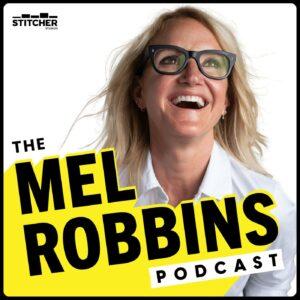
In this episode of the PBD Podcast, host Patrick Bet-David discusses a variety of topics ranging from the benefits of cold plunges to Spotify’s investment in podcasts and the declining faith in the value of a college education. He also explores the controversial claims surrounding Barack Obama’s personal life and the challenges faced by tech companies like Apple and Tesla. Additionally, Bet-David dives into the world of surveillance clothing and the implications it may have for government agencies. Join him as he delves into these thought-provoking subjects and provides his unique insights.
In recent years, Americans’ faith in the value of a college education has significantly declined. Rising tuition costs and student debt have played a major role in this shift. Many young adults no longer view a college degree as very important, and Republican sentiment towards higher education has sharply dropped. Furthermore, the decline in faith is also driven by concerns of indoctrination and the actual value of the degree. Students and parents are questioning whether college is worth the money and if it leads to useful careers. STEM, business, pre-med, and pre-law degrees are seen as more valuable and usable. College debt is a major concern, with the average student taking 20 years to pay back their loans. With the rise of technology and entrepreneurship, the value of a college degree has changed, and high school graduates can still earn a good income without pursuing higher education.
Despite Spotify’s billion-dollar investment in podcasts featuring famous personalities, it has not translated into profitability. Exclusive podcasts with high-profile figures did not significantly draw new subscribers. Starting a successful podcast is not easy and should not be pursued solely for monetary gain. The key to a successful podcast lies in caring about the person you are interviewing and being present during the interview. Podcasting should be done for the right reasons, to provide value and give back to the audience. Spotify made mistakes in overpaying for unproven talent and should focus on serving and launching podcasts rather than solely relying on exclusive deals.
The US government is investing $22 million in the development of surveillance clothing. This advancement aims to create washable garments with advanced surveillance capabilities, allowing them to surveil everything a person is doing. Government agencies like the Department of Defense, Department of Homeland Security, and intelligence community stand to benefit from this technology. Wearable technologies, such as smart e-pants, could enhance situational awareness by allowing users to keep their hands free in high-stress environments. The social acceptance of surveillance technology has changed over time, with it becoming cool and stylish.
This episode of the PBD Podcast covers a wide range of topics, including the declining faith in the value of a college education, Spotify’s investment in podcasts, and the development of surveillance clothing by the US government. It highlights the changing landscape of higher education, the challenges faced by podcasting platforms, and the potential implications of advanced surveillance technology. As always, Patrick Bet-David offers his unique insights and encourages listeners to think critically about these thought-provoking subjects.